
Denver Department of Environmental Health

Audio By Carbonatix
Buddies Wellness LLC is having a tough week. The medical marijuana cultivator, which sells its products through the La Bodega dispensary, voluntarily recalled its concentrates on July 25 because of a possible pesticide contamination. But the problem didn’t end there: Two days later, the City of Denver announced that Buddies Wellness was the first Denver marijuana grower recalling marijuana for mold and mites.
In the second recall notice, issued Thursday, July 27, by the Denver Department of Environmental Health, any medical marijuana consumers who purchased medical marijuana bearing the Optional Premises Cultivation (OPC) code of 403-00364 from La Bodega prior to July 27 were urged to return or destroy the product.
The DEH recall notice said there have been no reports of illness from Buddies products, but noted that samples of dried marijuana contained potentially unsafe levels of yeast and mold, while live plants were found contaminated with mildew and mites.

La Bodega dispensary is located in the Valverde neighborhood.
Thomas Mitchell
The mold recall stems from a DEH investigation into residual levels of myclobutanil found in Buddies trim and concentrates by state-approved cannabis-testing labs, according to DEH investigations reports received through a Colorado Open Records Act request from Westword. Myclobutanil is used to fight powdery mildew in marijuana and is commonly found in Eagle 20, a fungicide applied to grapes and other agricultural products; it is banned as a marijuana pesticide by the Colorado Department of Agriculture.
Buddies owner and operator Gabriel Sandoval says the mycobutanil levels on his trim and concentrates resulted from residue left in his pesticide applicators years ago. The moldy and mite-infested plants cited by the DEH were plants put on hold for pesticide testing that he’d been waiting to destroy.
“They told us not to spray anything before we took the initial test, so we left it alone. They said this stuff was going to get destroyed,” he says. “I didn’t want to waste money on lights and water to maintain them, because I knew they weren’t going to make it.”
But Sandoval should have maintained the plants well enough to keep fungus and pests at bay, according to a DEH investigation report filed right before the July 27 recall was ordered. “Based upon visual evidence of insects and mold on live flowering plants in the facility, statements from staff regarding pervasiveness of insects and mold within facility, and laboratory reports listing high levels of yeast and mold in dried plant material, the Denver Department of Environmental Health (DEH) finds sufficient evidence that plant material is potentially unsafe for human consumption,” the report reads.
Despite Sandoval’s claims that he was ordered to not spray or clean the plants for 72 hours, DEH Food Safety and Marijuana Program Supervisor Karalynn Lavaux says that any marijuana plants put on hold by the DEH can be fully maintained, and that includes allowing the application of CDA-approved fungicide and pesticides.
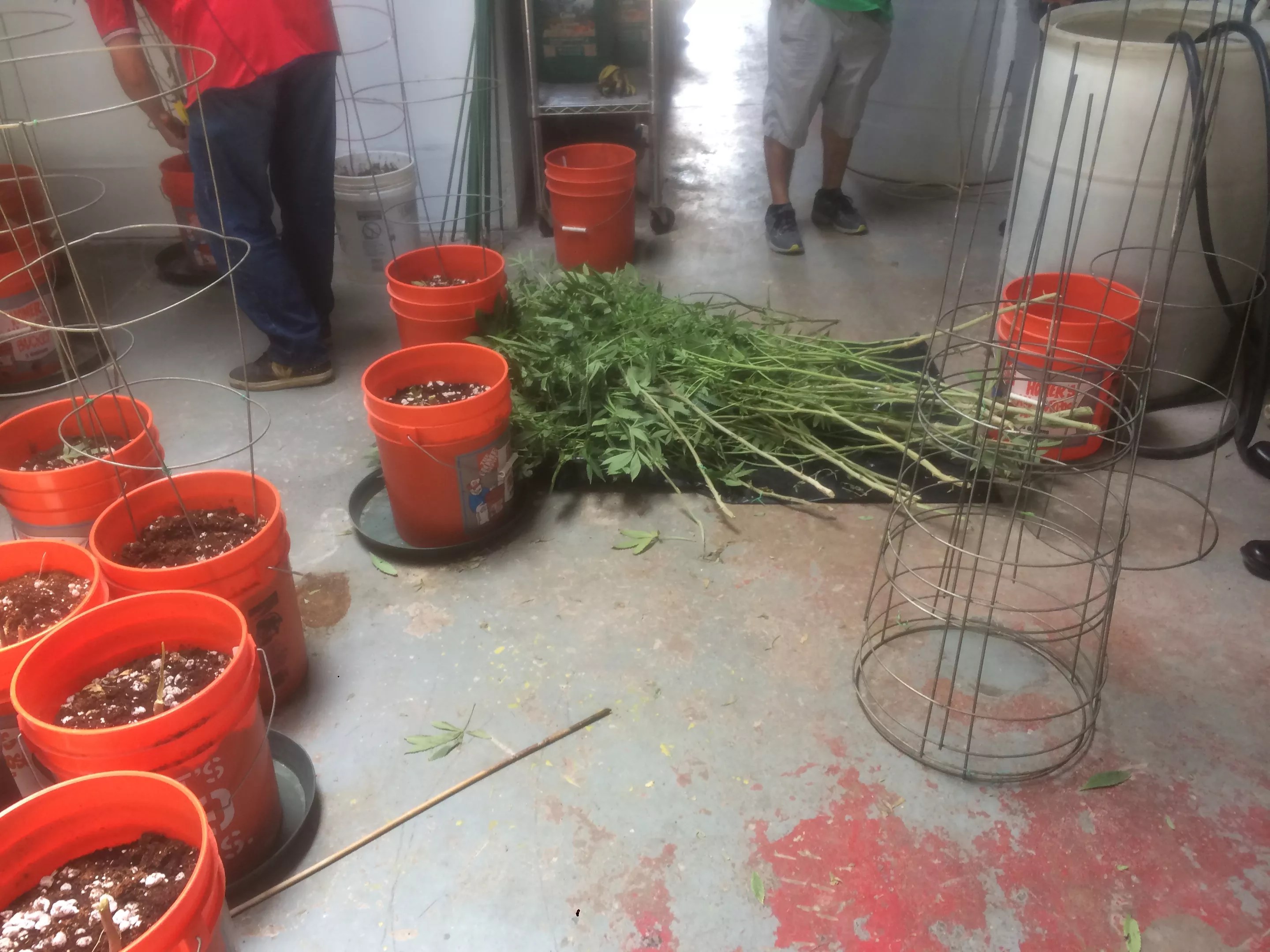
Buddies Wellness destroyed every plant in its Cedar Avenue grow on July 27.
Thomas Mitchell
The July 27 recall came on the same day that Buddies voluntarily destroyed every plant in its grow, throwing away 72 flowering plants, 119 vegging plants and nearly 20 pounds of dried flower, according to a DEH investigation report. “I feel like they’re trying to shut us down,” Sandoval says. “We’re a small, family-run business, so this is a nightmare.”
DEH pictures (below) show a cultivation riddled with powdery mildew and spider mites. Sandoval says he’d decided to destroy those plants weeks before the photos were taken, but wasn’t allowed to do so until DEH and Marijuana Enforcement Division agents were present, per state regulations. He says the plants pictured below were destroyed the same days the photos were taken, on July 5 and July 21, and DEH investigator Richard Pruckler confirms that Sandoval destroyed the plants after the pictures were snapped.
“We don’t enjoy doing this,” DEH investigator Kelsey Hanley says, commenting on the city destroying plants and issuing recalls. “We try our best to work with them, but mistakes happen. Gabriel’s doing his best to correct them.”
The DEH has issued nearly a hundred public recalls for marijuana products, but virtually all of them were recalled because of pesticides. Lavaux says the Buddies recall is the first ever issued for mold or mites.
Buddies now has until Sunday, July 31, to contact businesses and medical patients with available contact information who purchased La Bodega products in the last three months to advise them of the recall.
Here are DEH photos of the now-destroyed plants:
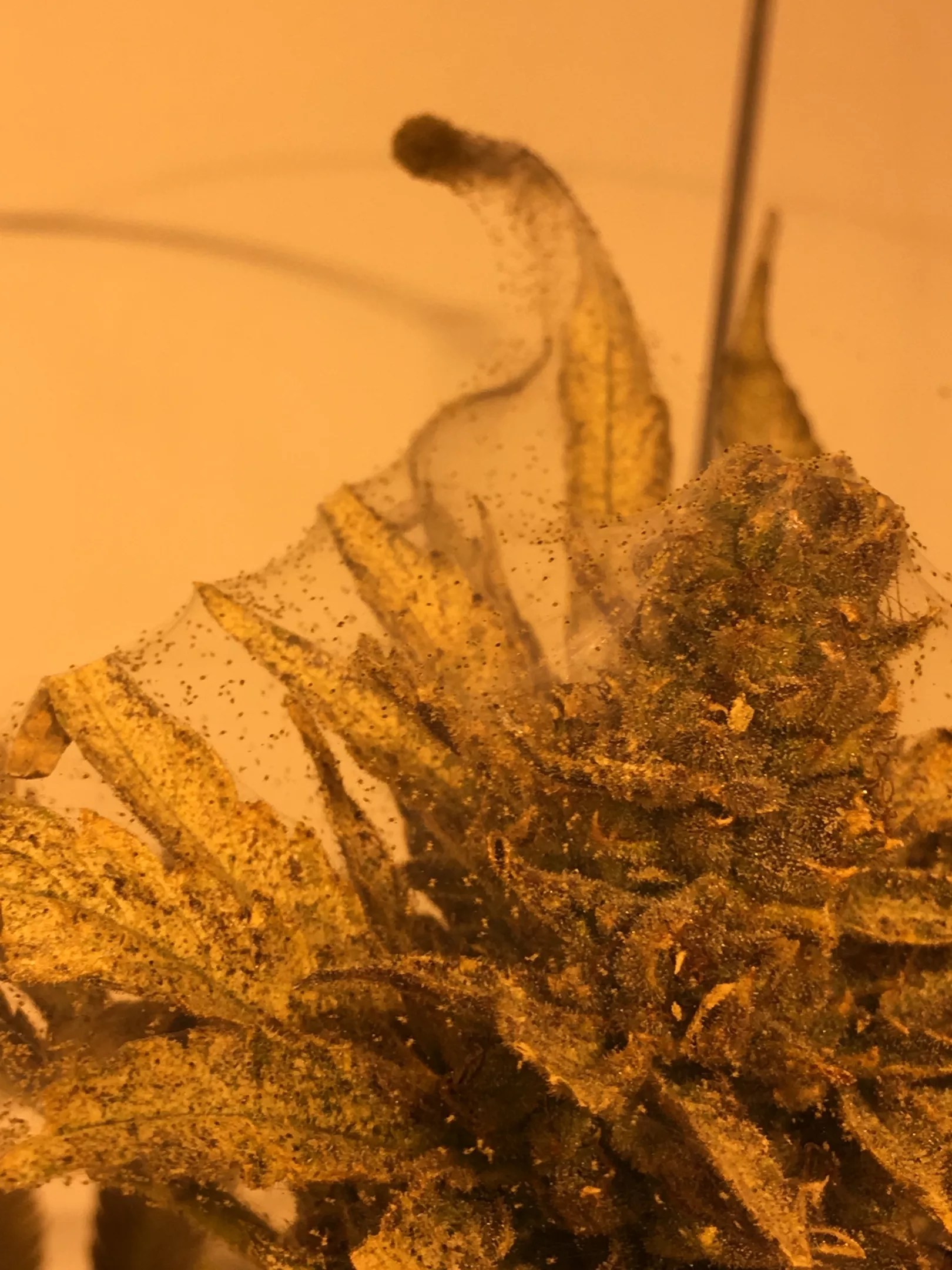
Denver Department of Environmental Health
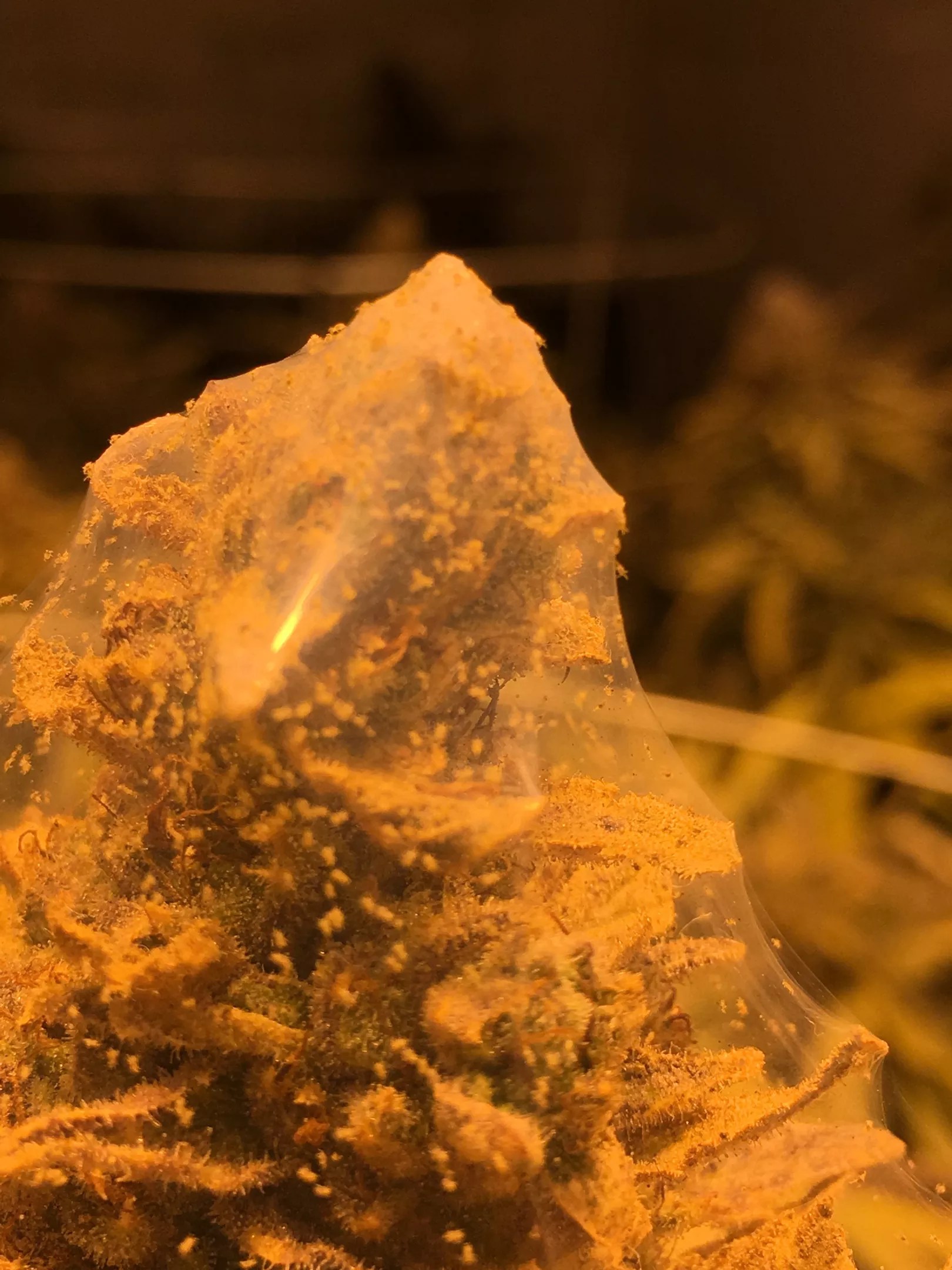
Denver Department of Environmental Health
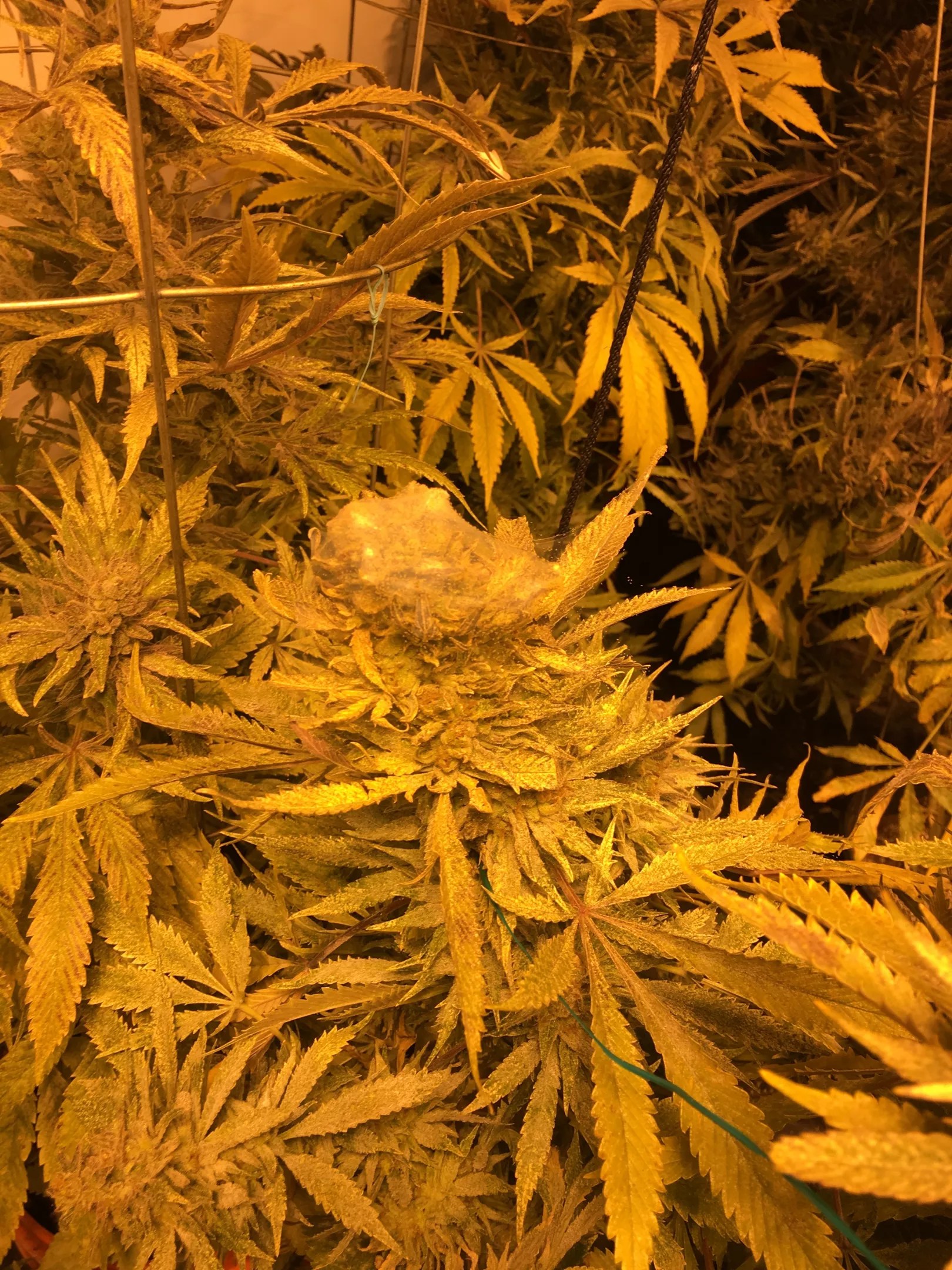
Denver Department of Environmental Health
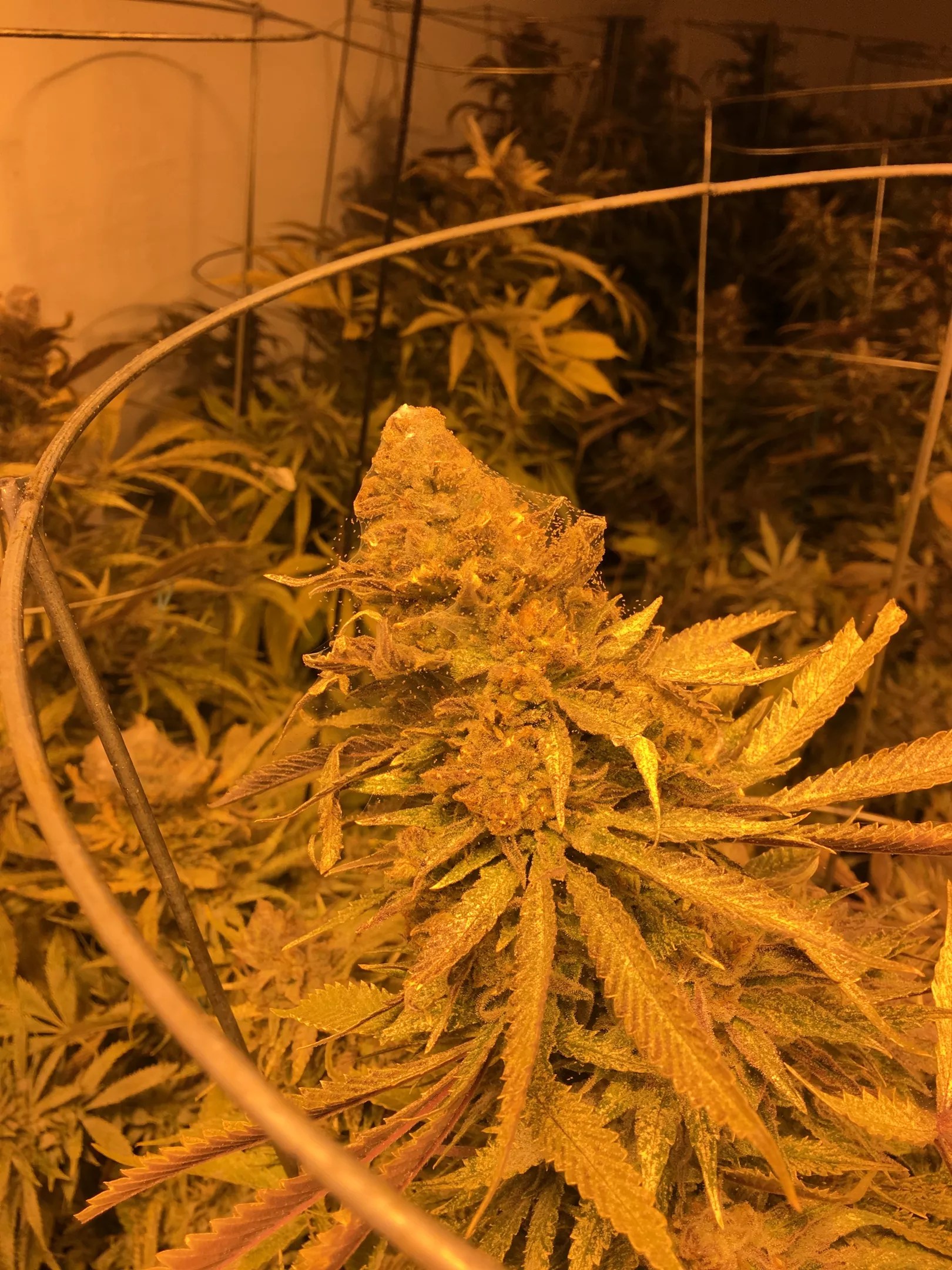
Denver Department of Environmental Health
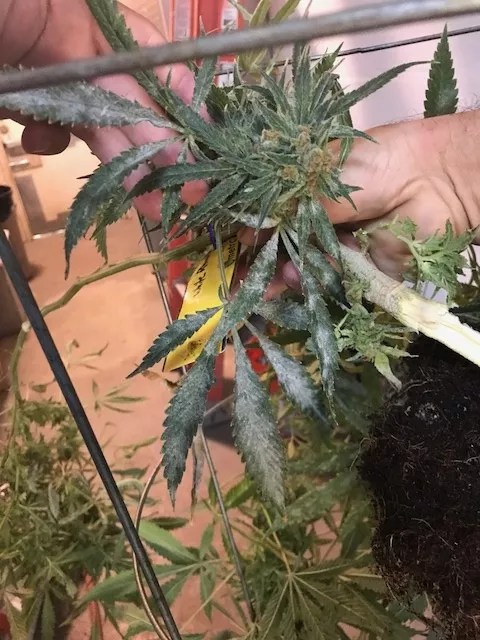
Denver Department of Environmental Health
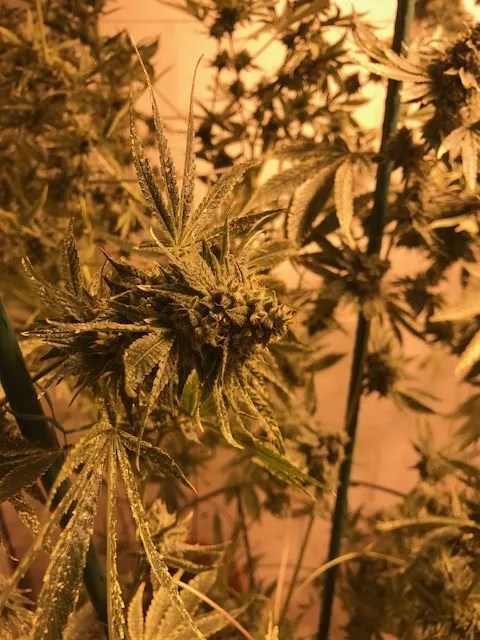
Denver Department of Environmental Health
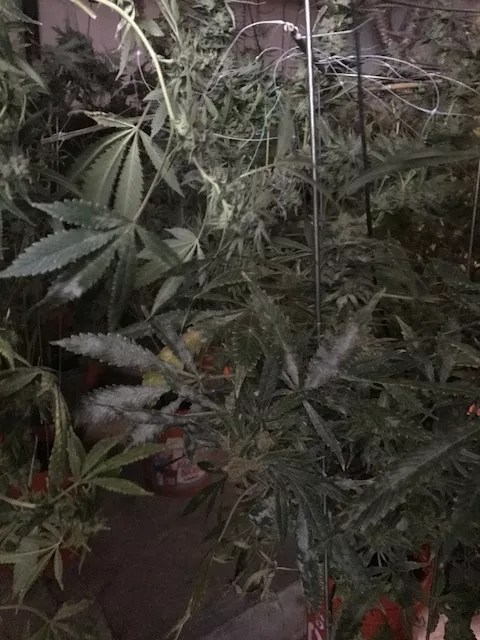
Denver Department of Environmental Health